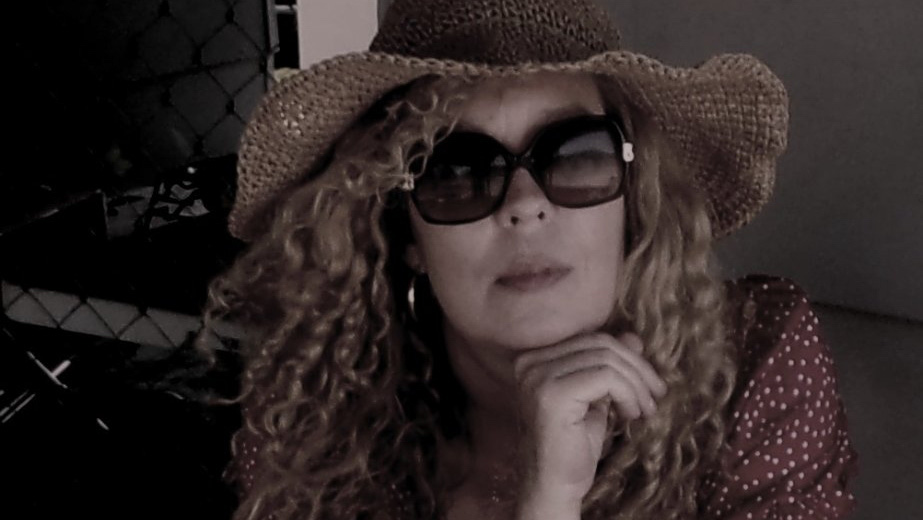
My son has his learner’s permit, and we’re teaching him to drive, like it or not. He pays a lot of attention to what’s happening on the road now, even if he’s not driving, so I have to do things right. I notice, and maybe it’s just me, but I think drivers are more impatient and prone to anger than they were a few years ago. It’s surely not like Houston or Dallas out here, but neither are we immune from road rage incidents. I don’t get rage exactly, but I do mutter under my breath when someone does something unexpected!
My friend Brossie Cerniglia, who is certified in anger management, was talking about road rage the other day. What he shared was so good, I decided to break off my usual content here just to pass on what he had to say. Brossie gets at the root cause of driving frustrations. “On the road there are laws,’ he said. “So we may have expectations that other people will follow the law. The problem happens when we have the expectation that others respect other drivers and the laws of the road. The only expectation we should have when we get in the car is that no one drives like they should.”
“A bad economy, the heat and drugs and alcohol are contributing to road rage incidents,” Brossie said. Whether it’s true that people, even in our small town, are more openly hostile while driving, and I think it is, I asked Brossie what my husband and I should teach our young driver about encountering someone who is very angry or even threatening on the road. “First of all”, he said,”it’s not about you”. You don’t know what another person is feeling, but whatever that is has nothing to do with you. “When one faces anyone aggressive, the answer is retreat. God only knows what is going on in that person’s head.”. That is what I do. I try to stay a stopping distance behind others, avoid doing things that I know would annoy me myself, and drop back from any type of confrontation.
It’s not enough any longer to simply teach young drivers the rules of the road. It’s time to add in a little psychology to hopefully prevent them from contributing to the problem, as well as helping them to know what to do if they encounter a dangerously angry driver. Shakespeare wrote that expectation is the root of all heartache. Perhaps it could be said that it is also the root of all frustration! My grandpa taught me to drive, and he said to always assume the other driver will do the dumbest thing possible and be prepared for it. “The expectation that others drive badly is rewarding,” Brossie said, “because most of the time you will be right!”
***
Diane Adams is a local journalist whose columns appear Thursdays on BrownwoodNews.com